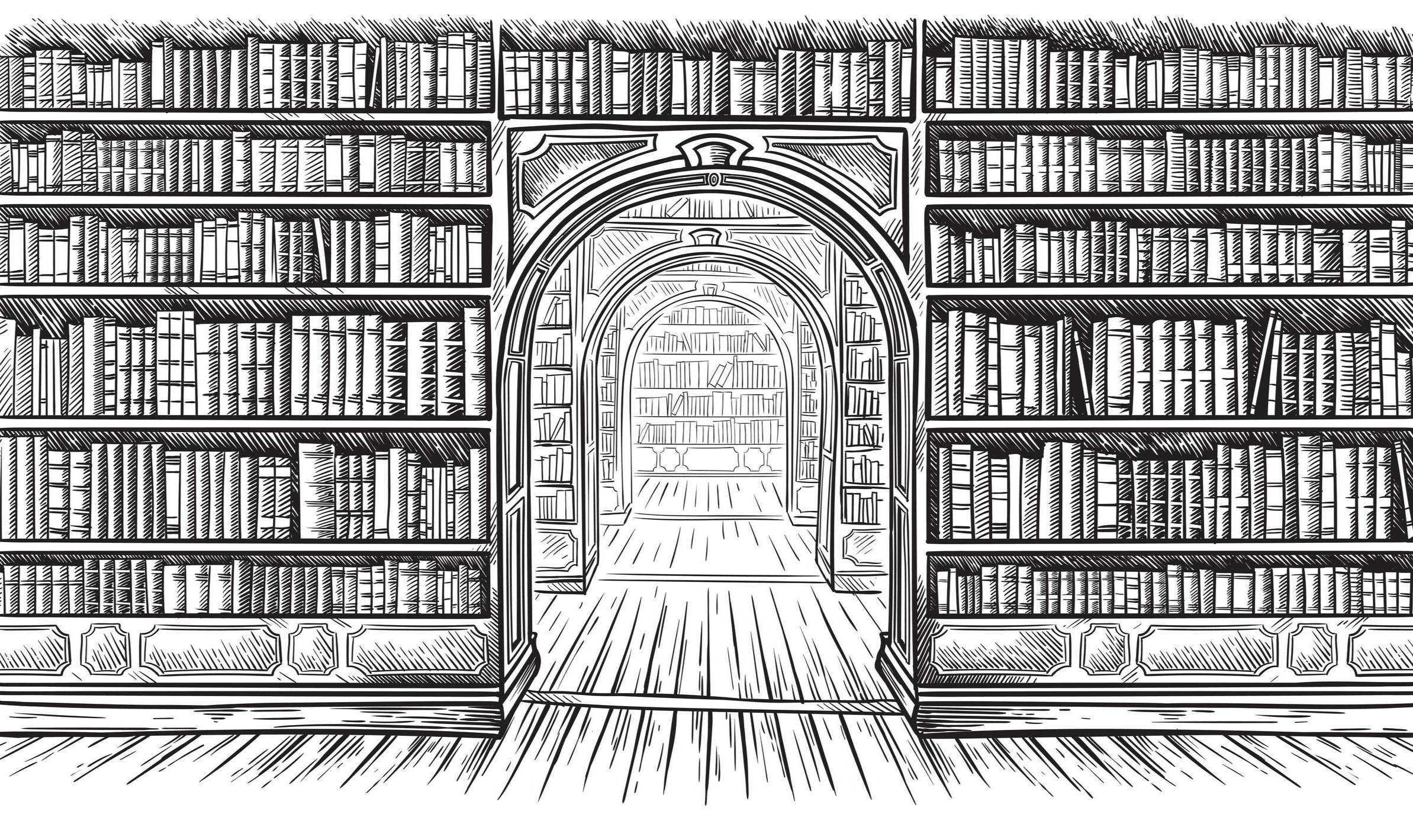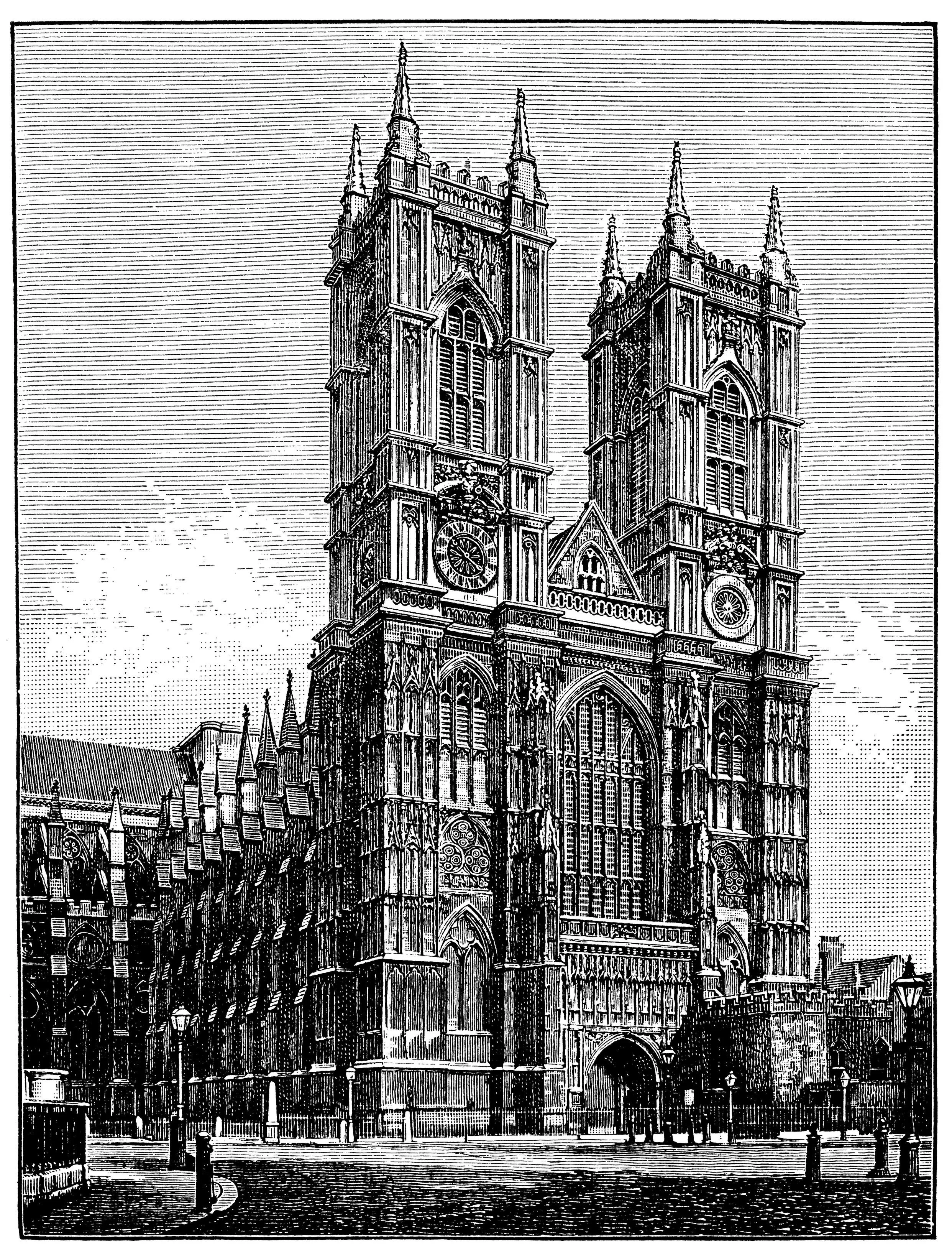
Our Beliefs
“I am first a Christian, next a catholic, then a Calvinist, fourth a paedobaptist, and fifth a Presbyterian. I cannot reverse this order.”
~ John “Rabbi” Duncan
Whether or not you would personally identify with the five labels Rabbi Duncan used to define his beliefs, there is a wisdom in being able to prioritize our convictions. He wisely recognized that he could not “reverse this order.” Though not using his exact labels (despite our agreement with all five), we too describe our beliefs first by what unites us more broadly before those things which make us distinct. We are Christian and “catholic,” Protestant, Reformed, and Presbyterian. It is our desire to be clear about what we believe and why. Doctrinal clarity is necessary for the health, faithfulness, and witness of the Church.
We see ourselves first not by what makes us distinct, but by what unites us with all of God’s people. We are “catholic,”* meaning that we see ourselves as part of the true, universal Church which extends through the ages and around the world. This first means that we are historically rooted in the rich history of God’s people through the centuries, and we seek to draw from the best of the history of the Church. We are not the first generation of Christians to study the Scriptures and confess the truths found therein. We must have the humility and wisdom to listen to those who have gone before us. Second, this means that we are united with all those throughout the world who trust in Jesus alone for salvation and who confess the basics of the Christian faith found in statements such as the Apostles’ Creed and Nicene Creed. Our branch of the Church is not the only true branch in the Kingdom of God.
*Catholic means “universal.” We use it here not to refer to the Roman Catholic Church, but to the one Church in all places and times.
We are Christian and “catholic”
We are not only “catholic,” but also Protestant. We are descendants of the Protestant Reformation of the 16th century. The Reformation was a recovery of biblical authority and the biblical gospel, not through innovation but by going back “to the sources.” Central to Protestant belief are the “five solas” of the Reformation:
Grace Alone (Sola Gratia) - We are saved by God’s grace alone, meaning that he shows us his favor in salvation despite our sin which justly deserves his judgment.
Faith Alone (Sola Fide) - We are saved by faith alone, meaning that salvation comes not by our works but by simply receiving and resting upon Jesus alone.
Christ Alone (Solus Christus) - We are saved by Christ alone, meaning that our only hope for salvation is Jesus’ death in our place and his righteousness which is credited to us.
Scripture Alone (Sola Scriptura) - The Bible is our only infallible and ultimate authority for what we ought to believe and how we ought to live.
To God Alone Be the Glory (Soli Deo Gloria) - The whole Christian life, from our justification to our sanctification to our glorification, is for God and his glory alone.
We are Protestant
The Reformed movement was a major branch of the Protestant Reformation that took root throughout continental Europe and the British Isles through men such as John Calvin and John Knox but is now worldwide. Reformed Christianity has been distinguished by its emphasis on Christian worship being guided by the commands and examples of Scripture, its emphasis on covenant theology for understanding the biblical story of redemption, and its emphasis on the sovereignty of God in all things, including our salvation.
Reformed Christianity, however, cannot be merely boiled down to a few points. It really is a system of theology that seeks a biblical understanding of many topics and how they fit together. Reformed Christians, therefore, are “confessional Christians,” meaning we write and hold to confessions of faith, not to replace the Bible, but to summarize the system of doctrine found in the Bible.
Our branch of the Reformed tradition holds to The Westminster Standards (The Westminster Confession, the Larger Catechism, and the Shorter Catechism). Other Reformed confessions and catechisms include the Belgic Confession, Heidelberg Catechism, Canons of Dort, the London Baptist Confession, and the Second Helvetic Confession.
We are Reformed
Presbyterians are a part of the Reformed tradition who trace their roots to the Reformation on the British Isles, especially John Knox in Scotland. “Presbyterian” comes from the Greek word “presbuteros,” which means “elder.” Presbyterian churches are elder-led churches, with each individual church being led by teaching elders (pastors) and ruling elders (lay elders) who together form what is called a “session.”
Presbyterian churches are also “connectional” churches. Each church is a part of a presbytery which is made up of the churches of a specific region. We are a part of the Wisconsin Presbytery. Presbyteries help churches and pastors by providing oversight and accountability and by uniting churches in their work and mission. Once a year, the churches and presbyteries of the denomination are represented at the General Assembly. Both Presbyteries and the General Assembly are made up of the pastors and elder delegates from the churches in their bounds. In the PCA, our church government is guided by our Book of Church Order (BCO).
We believe that Presbyterian church government is both biblical and practical. Perhaps more than ever, the peace, purity, faithfulness, and gospel-effectiveness of the church requires the accountability, oversight, and connectedness that Presbyterian government provides.
We are Presbyterian
Resources:
Book Recommendations:
The Protestant Reformation
The Unquenchable Flame by Michael Reeves
Reformed Distinctives
What Is Reformed Theology? by R. C. Sproul
Reformed Worship by Jonty Rhodes
Covenants Made Simple by Jonty Rhodes
Presbyterianism
On Being Presbyterian by Sean Michael Lucas
Well Ordered, Living Well by Guy Prentiss Waters
Creeds and Confessions
Affirming the Apostles’ Creed by J. I. Packer
Confessing the Faith by Chad Van Dixhoorn


